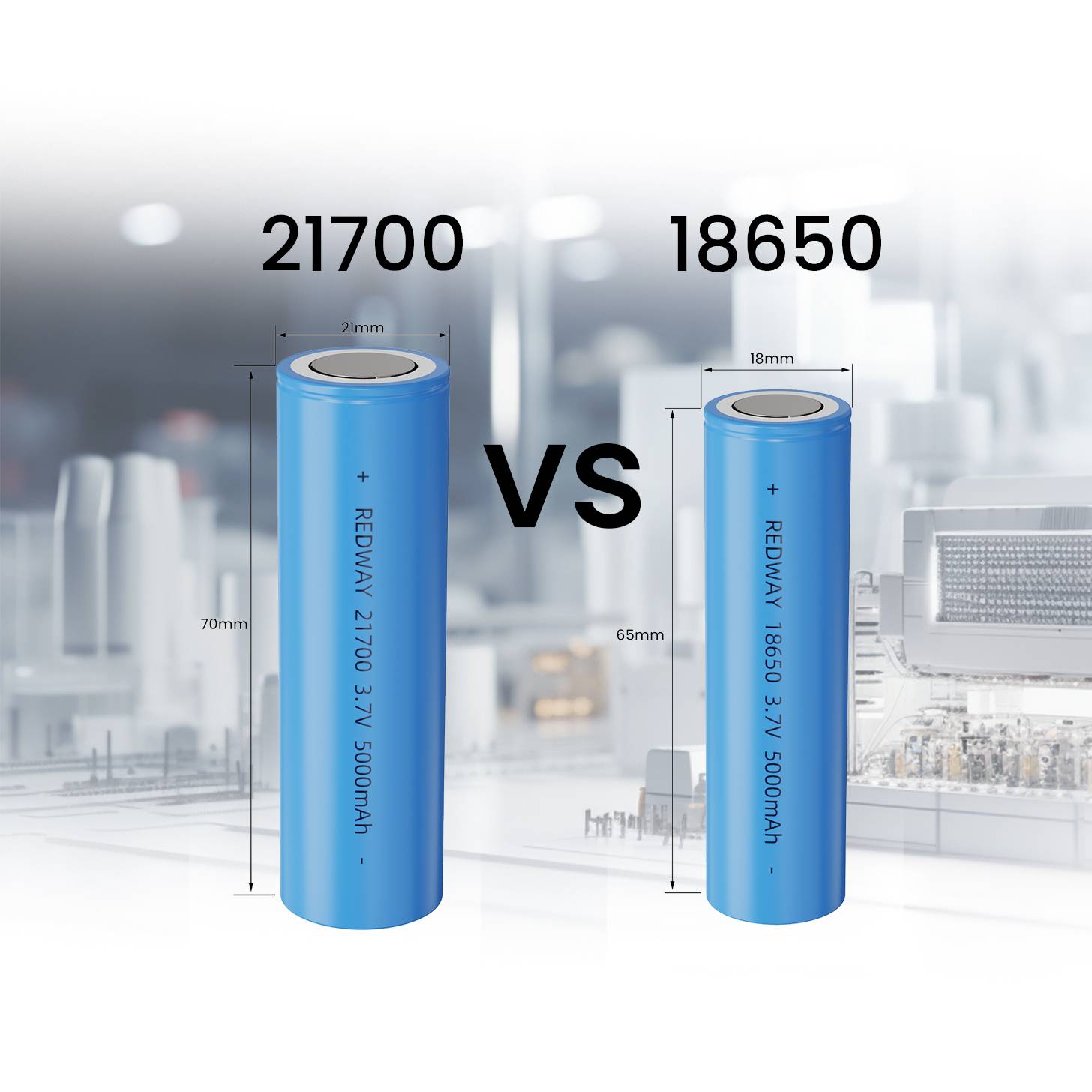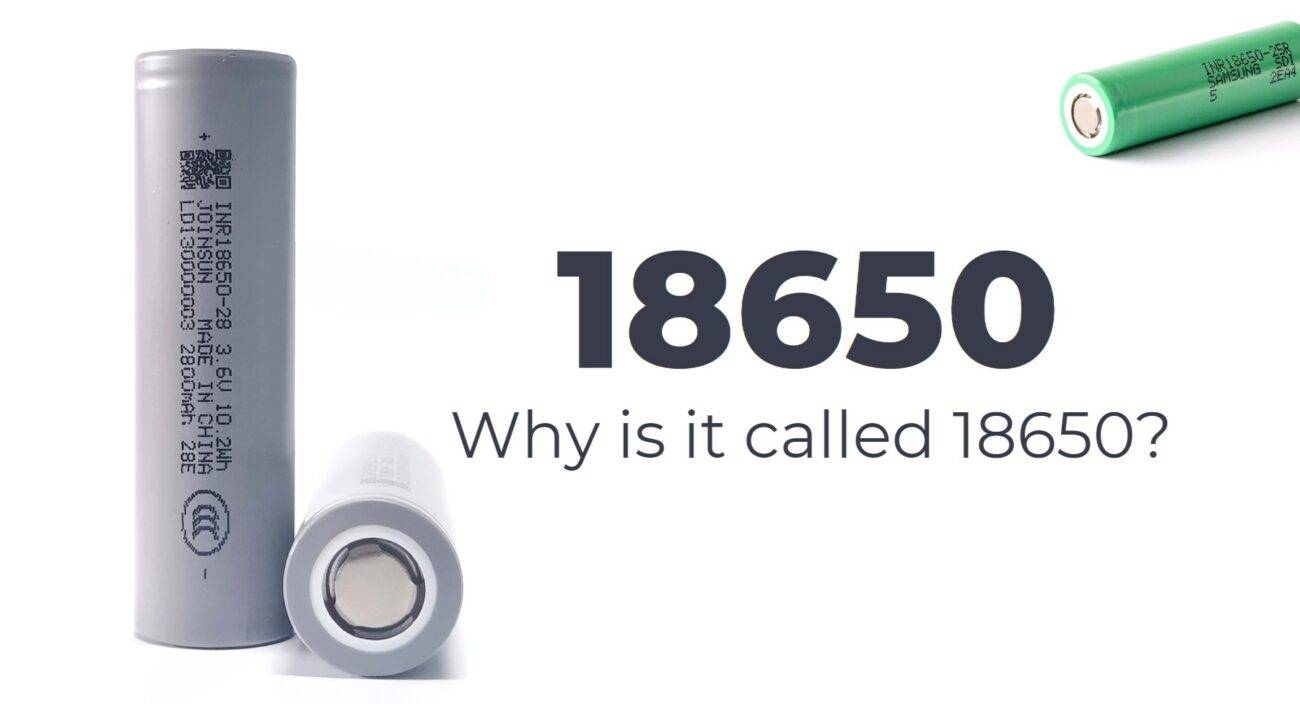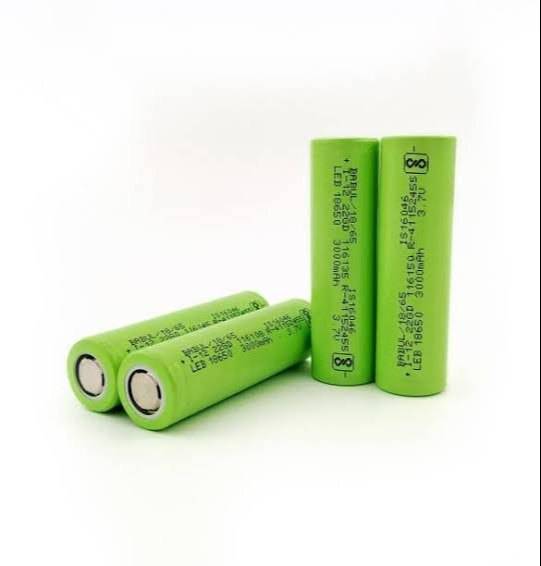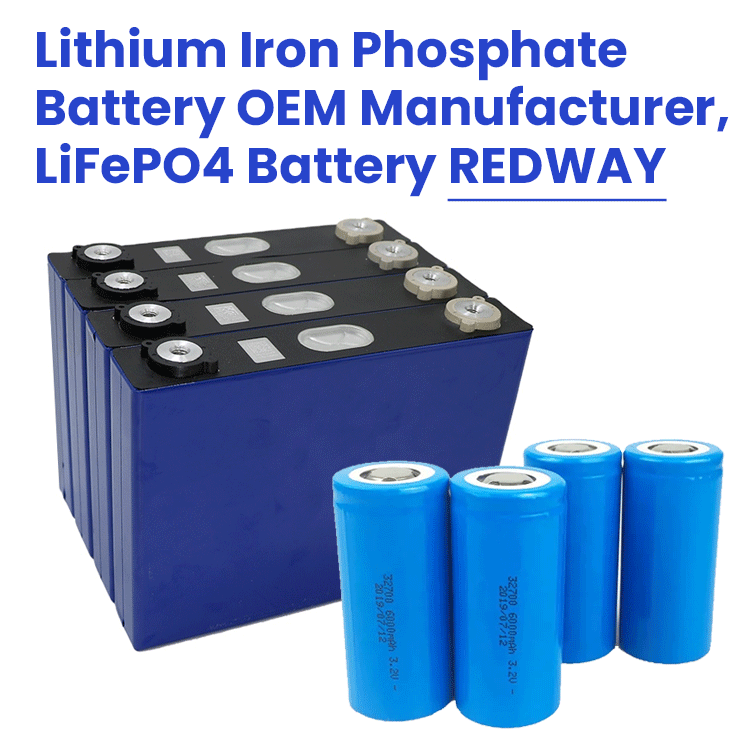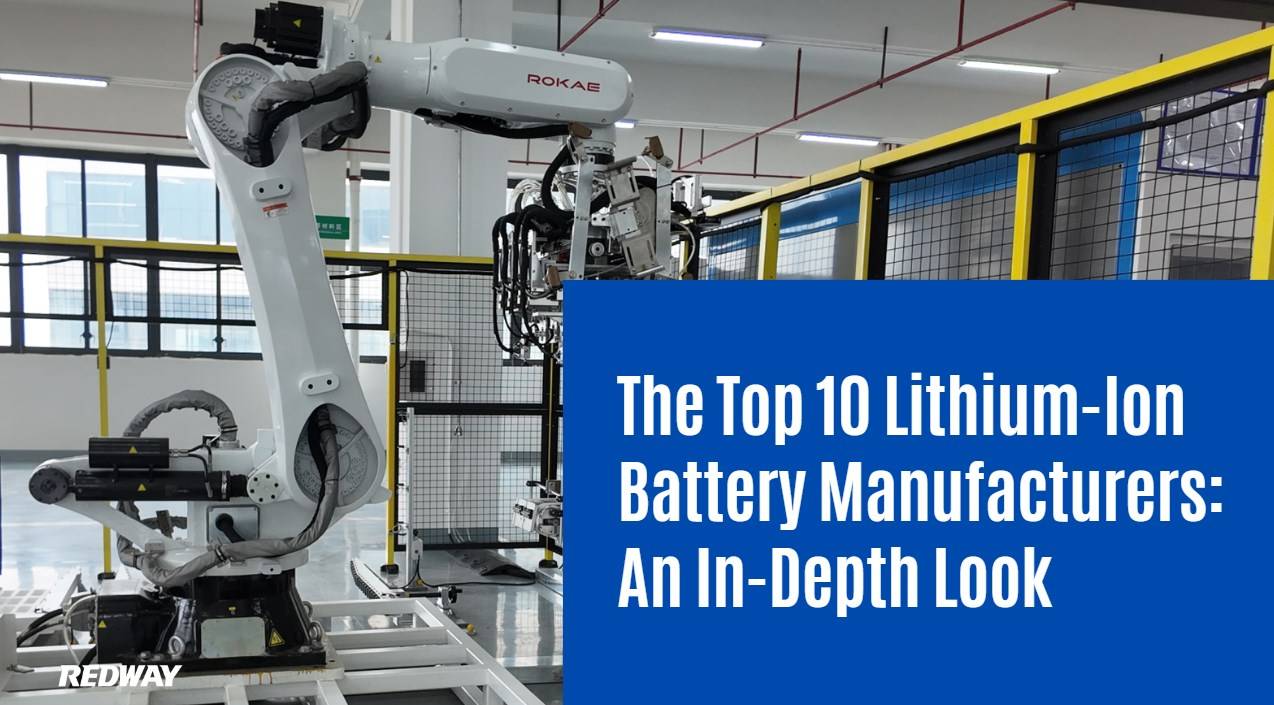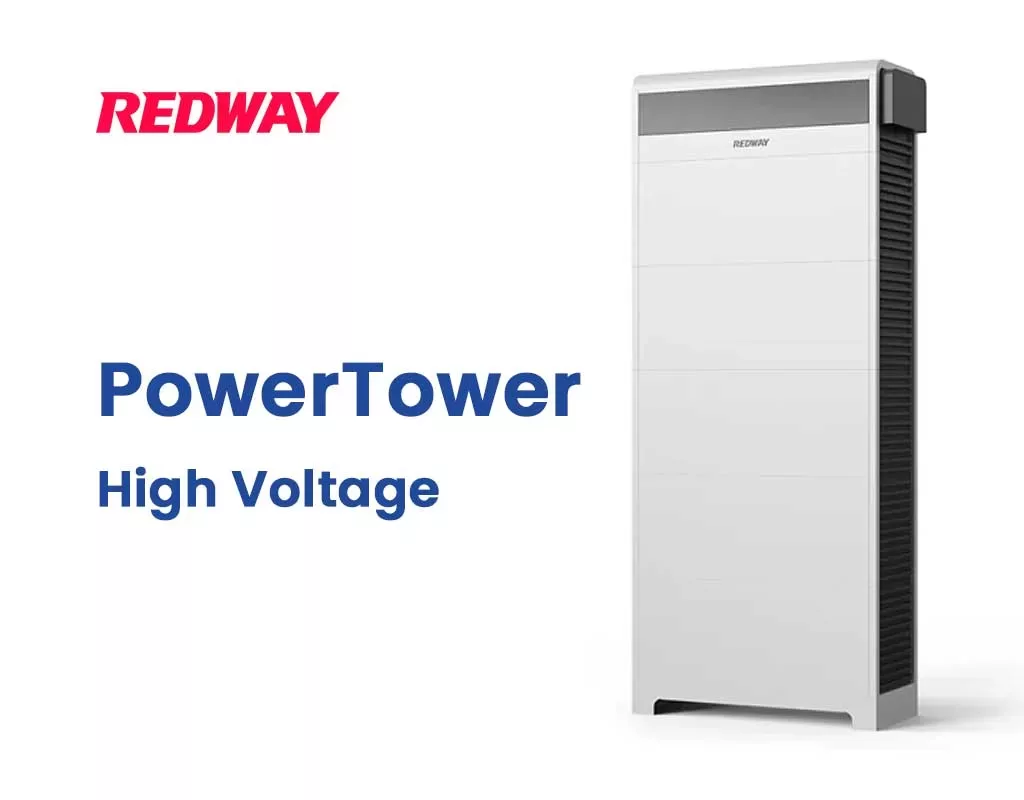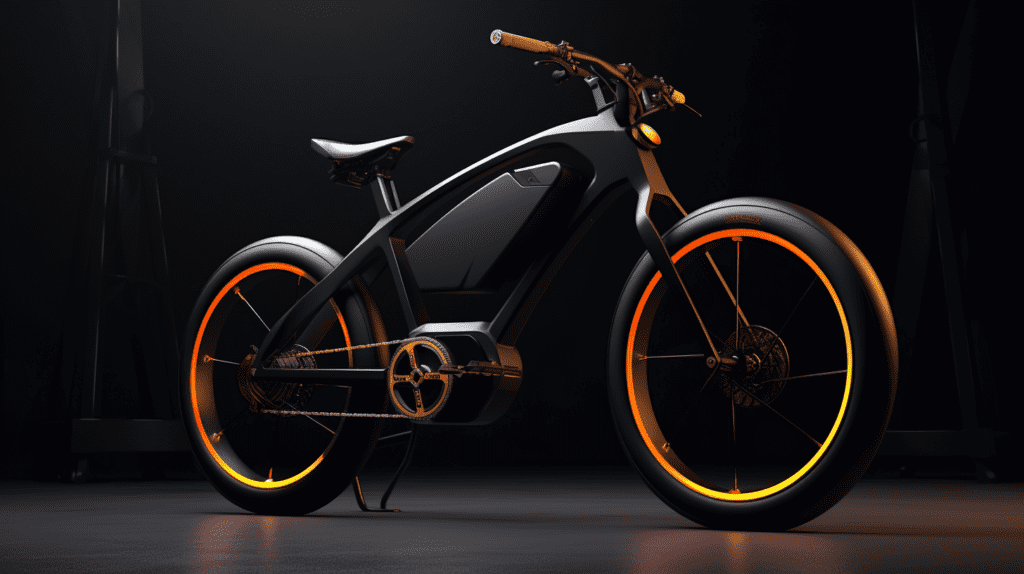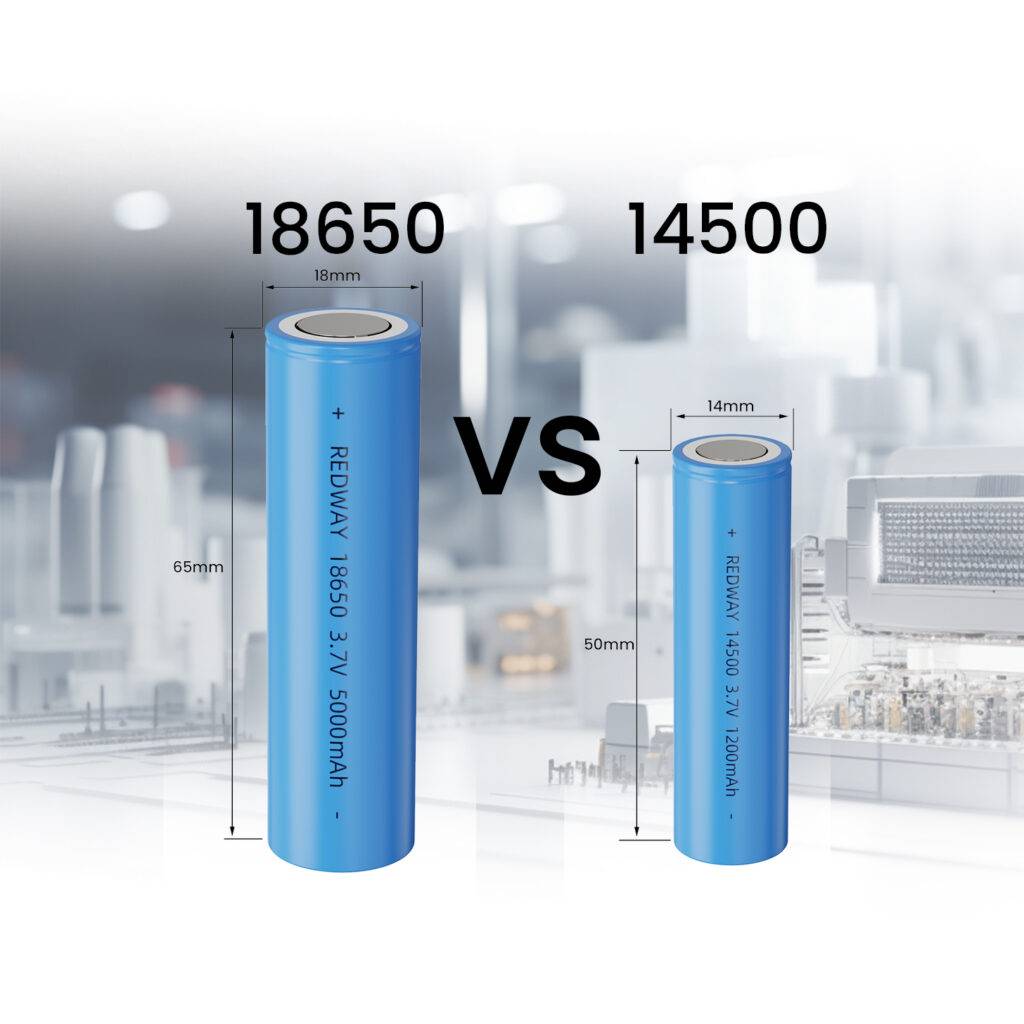In the realm of electric mobility, the 21700 and 18650 batteries are pivotal to enhancing performance and efficiency. Each battery type offers unique benefits that cater to different needs in the electric vehicle (EV) industry. This article delves deeply into the comparative aspects of these two battery types to provide a thorough understanding of their implications for electric mobility.
Advantages of 21700 Batteries for Electric Mobility
The 21700 battery has emerged as a popular choice in modern electric mobility applications, thanks to its superior performance attributes:
- Higher Energy Density: The 21700 battery boasts a greater energy density compared to its 18650 counterpart. This means that it can store more energy per unit volume or weight, translating to extended driving ranges and enhanced vehicle performance.
- Increased Capacity: With a larger physical size, the 21700 battery can hold more charge, resulting in longer usage times between charges. This capacity advantage is crucial for electric vehicles that require substantial energy reserves for extended journeys.
- Improved Discharge Rates: The 21700 batteries are designed to deliver higher continuous discharge rates. This characteristic is essential for applications requiring rapid power delivery, such as high-performance electric vehicles that demand swift acceleration and consistent power output.
- Extended Lifespan: Due to advancements in technology, 21700 batteries generally have a longer lifecycle. They withstand more charge-discharge cycles before their capacity diminishes, making them a more cost-effective solution over time.
- Enhanced Thermal Performance: The larger size of 21700 batteries allows for better thermal management. This results in reduced risk of overheating and contributes to overall battery safety.
Advantages of 18650 Batteries for Electric Mobility
The 18650 battery, despite being older, remains a staple in the electric mobility sector. Its advantages include:
- Widespread Availability: The 18650 battery is extensively used in various devices, which makes it readily available. This wide adoption simplifies sourcing and ensures that manufacturers can maintain a steady supply chain.
- Affordability: Being an established technology, 18650 batteries are generally more cost-effective. Their lower price point makes them an attractive option for companies aiming to reduce production costs without sacrificing essential performance features.
- Proven Track Record: The 18650 battery has a well-documented history of reliability and safety. Its extensive use in consumer electronics and other applications provides a solid foundation for its continued use in electric vehicles.
- Consistent Power Output: Despite having a smaller capacity compared to the 21700, the 18650 battery provides stable and reliable power output, ensuring a dependable driving experience.
Cost and Availability Comparison
When comparing the cost and availability of 21700 and 18650 batteries, several factors come into play:
- Market Trends: As the demand for electric vehicles escalates globally, manufacturers are scaling up production of both battery types. This increased production is likely to drive down prices and improve availability for both 21700 and 18650 batteries.
- Adoption Rates: Although 18650 batteries have been the standard for many years, the trend is shifting towards 21700 batteries due to their superior performance characteristics. This shift could potentially influence the cost dynamics in favor of 21700 batteries in the near future.
Performance Comparison
In terms of performance, 21700 batteries generally outshine 18650 batteries due to the following factors:
- Higher Capacity: The larger size of the 21700 battery allows it to store more energy, resulting in longer driving ranges for electric vehicles. This enhanced capacity is a significant advantage for consumers seeking extended travel distances on a single charge.
- Improved Efficiency: With better energy density, 21700 batteries offer greater efficiency, which directly impacts the overall performance of electric vehicles. This efficiency translates into more effective use of the stored energy, leading to optimized vehicle operation.
- Voltage Output: Although both battery types provide similar voltages, the 21700’s larger size can yield a slightly higher voltage output. This increase can contribute to enhanced power delivery and performance in electric vehicles.
Safety Considerations
Safety is a paramount concern in battery technology, and both 21700 and 18650 batteries have distinct safety attributes:
- 21700 Batteries: These batteries feature improved thermal performance due to their larger size, which helps in dissipating heat more effectively. This characteristic reduces the risk of overheating and enhances overall safety.
- 18650 Batteries: Known for their reliability, 18650 batteries undergo rigorous safety testing and certification. They have a proven safety record, which is critical for ensuring safe operation in various applications, including electric vehicles.
Factors to Consider
When choosing between 21700 and 18650 batteries for electric mobility, several factors should be taken into account:
- Energy Density: For longer driving ranges and improved performance, the higher energy density of 21700 batteries is advantageous.
- Capacity: Higher capacity in 21700 batteries supports extended use, while 18650 batteries offer consistent power output with lower capacity.
- Cost-Effectiveness: The affordability of 18650 batteries makes them a cost-effective option, though the long-term benefits of 21700 batteries may justify the higher initial cost.
- Weight Efficiency: 21700 batteries provide better weight efficiency due to their higher energy density, which is crucial for optimizing vehicle design and performance.
- Compatibility: Ensuring compatibility with the vehicle’s design and voltage requirements is essential for both battery types.
- Safety: Consider the thermal management and safety features of each battery type to ensure reliable operation.
Conclusion
In summary, both 21700 and 18650 batteries present distinct advantages and considerations for electric mobility. The choice between them depends on specific needs such as energy density, capacity, cost-effectiveness, and safety. By thoroughly evaluating these factors, manufacturers and consumers can make informed decisions that align with their priorities and requirements in the rapidly evolving world of electric vehicles.


